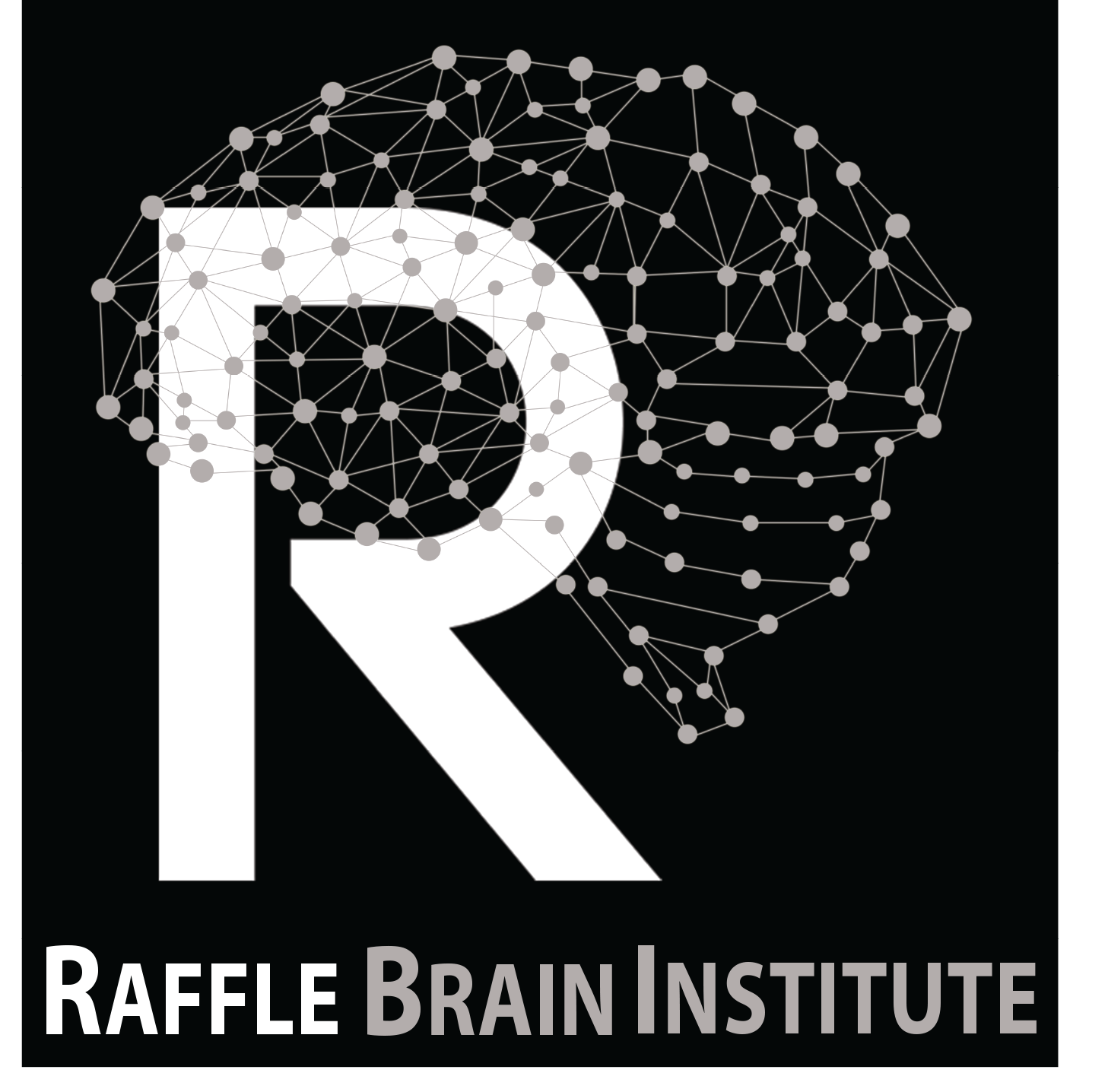What Caregivers Need to Know About Dementia
Dementias are degenerative disorders that develop primarily in the nervous system and selectively damage particular areas of the brain. Some dementias, like Alzheimer’s disease, affect all areas of the brain simultaneously, while others, such as frontotemporal dementia, affect the parts of the brain involved in controlling one’s communications and emotions. Still others are caused by vascular disease, brain trauma, or chronic alcohol abuse (Korsakoff’s syndrome)
By 2030, 20% of U.S. population will be older than 65 years of age – about 50 million people. Dementia affects 1% to 6% of those older than 65, and between 10% and 20% of those older than 80 years of age. In the next 30 years, estimated 10-20 million seniors in U.S. will have mild to severe forms of dementia.
Seniors with history of moderate traumatic brain injury (TBI) have a 2-3 times greater risk of developing Alzheimer's disease – those with a severe TBI have a 4-5 times greater risk. Even healthy seniors are at risk for falls and head trauma, so any fall to the head, however minor, should be seen by a medical professional and documented.
Alzheimer’s disease accounts for 65% of all dementias. There is no direct diagnosis of Alzheimer’s – and while PET scans and other imaging techniques are being studied, none have yet been able to show the presence of Alzheimer’s disease.
Alzheimer’s onset often surprises families because vision, movement, and sensation remain untouched while a senior’s memories begin to slowly decrease. Recent memories are affected first, leading to “senior moments” that appear innocent because all other memories, including those from decades ago, remain intact. Eventually those remote memories begin to fade, and lastly the senior’s “crystallized” memories, such as family member’s names and faces, are compromised.
The Six Stages of Dementia
Family members, caregivers, and other health professionals should be aware of the six stages commonly seen in seniors with dementia:
Stage One: Very Mild
Forgetting when one has placed familiar objects
Forgetting names that one formerly knew
No visible evidence of memory problem.
No problems with employment or social interactions
Stage Two: Mild
Getting lost when traveling to unfamiliar location
Forgetting what one has just read
Coworkers become aware of poor work performance
Not remembering names when meeting new people
Losing or misplacing things of value
Memory or concentration problems seen only on clinical testing
Beginnings of mild to moderate anxiety
Denial begins to set in
Stage Three: Moderate
Decreasing knowledge of current or recent events
Losing memory of personal history
Decreased ability to handle finances, travel alone, etc.
Inability to perform complex tasks
Withdrawal from challenging activities
Flattening of affect (loss of facial expression of emotions)
Denial becomes dominant defense mechanism
Stage Four: Moderately Severe
Unable to function without assistance
Unable to recall major relevant aspects of current life
Unable to remember address, telephone numbers, names of close family members, names of schools attended
Frequent disorientation to date, day, season, and current location
Stage Five: Severe
Occasionally forgets name of spouse
Largely unaware of all recent events or experiences
Retaining some knowledge of life, but sketchy
Difficulty counting backward and forward to 10
Requires some assistance with activities of daily living (travel assistance, incontinence)
Can recall own name and can distinguish familiar from unfamiliar persons
Changes in personality and emotion
Delusional behaviors, obsessive symptoms, anxiety
Loss of purposeful behavior
Stage Six: Very Severe
All verbal abilities are lost
Complete incontinence
Requires assistance in feeding
Loss of basic psychomotor skills (e.g., ability to walk)
Brain appears unable to tell the body what to do
If symptoms of early stages begin to show themselves, it would be in everyone’s best interest to have the senior tested at Raffle Brain Institute to determine (a) the presence of dementia or other cause (e.g., overmedication), (b) the type of dementia, and (c) the stage of dementia, so that caregivers can learn how to make accommodations and provide the best support for the seniors, so that the last chapter of their lives will be an easier one for them and their loved ones.

